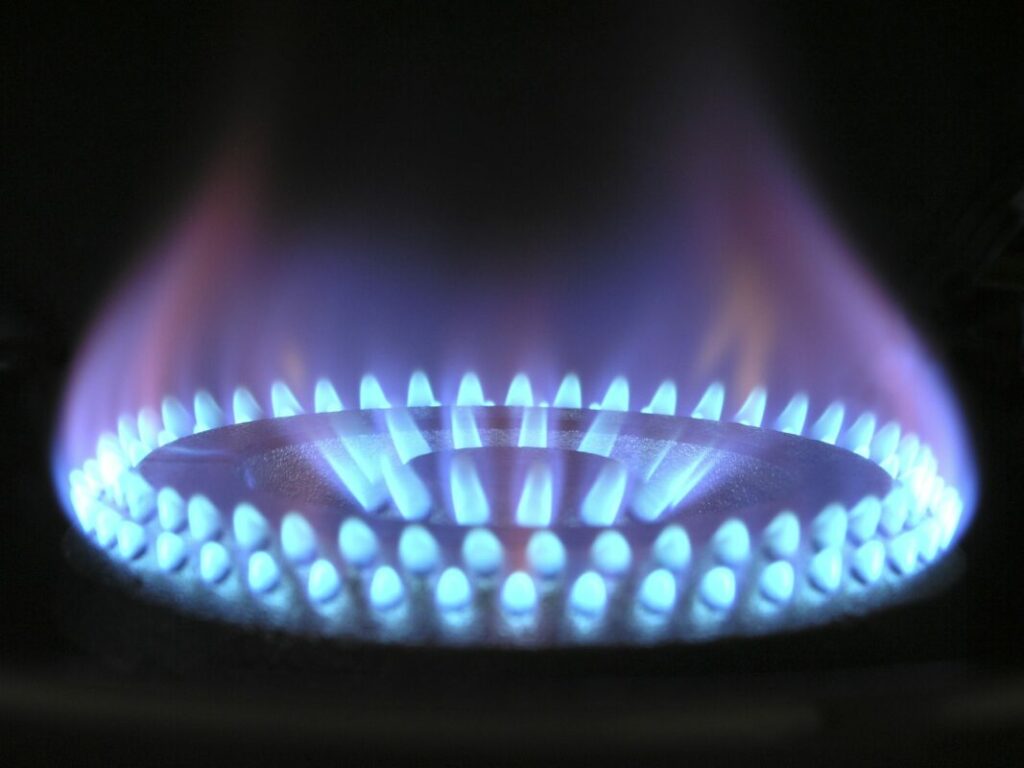With the Q2 price cap to remain significantly higher than pre-energy crisis levels, the energy industry urged the government not to “ignore” these sky-high prices “as the new normal.”
Ofgem confirmed that the price cap for 1 April to 30 June 2024 this morning (23 February) will be set at £1,690 for the average dual fuel household paying by direct debit, 12% (£265) lower than the current cap, which sits at £1,928.
Despite being the lowest price cap in two years, fuel poverty charity National Energy Action (NEA) noted it remains 49% higher than pre-energy crisis levels.
“The drop coming in April still leaves bills significantly higher than they were before the energy crisis began. For two and a half years, household budgets have been stretched beyond breaking point by high energy bills,” said Adam Scorer, chief executive at the NEA.
Scorer also urged the government to consider new legislative means to support household energy bills, such as a social tariff.
“Stubbornly high prices are here for the foreseeable future – the government cannot simply ignore this as the new normal. We need a social tariff to provide permanent, deep protection for low-income households, we need action on debt to bring households out of this spiral, and we need long-term, significant investment in energy efficiency to make sure households are resilient against energy crises,” added Scorer.
There are ongoing discussions around the effectiveness of the price cap, including a consultation announced by the Department for Energy Security and Net Zero (DESNZ) into default energy tariffs for households, seeking views on how to evolve tariffs and make the fire for customers.
Ofgem also launched a review into the role standing charges (the daily charge that energy users pay their suppliers in order to cover the fixed costs of providing gas and electricity) will play in the future price cap, a move welcomed by the energy industry.
“Ofgem’s review of standing charges, alongside other discussions on how the cap is calculated, will no doubt have a positive impact on the energy costs of some households, but fundamental questions remain on how to address the challenge of affordability for households. The price cap is unlikely to be the ticket back to pre-energy crisis bills,” said Dr Craig Lowrey, principal consultant at market researcher Cornwall Insight.
An over-reliance on gas
As wholesale prices are the largest contributor to the price cap level, Britain’s reliance on fossil fuels and consequent susceptibility to geopolitical events affecting the wider international wholesale market has caused scrutiny.
Cornwall Insight has been vocal about the effect Britain’s relationship with fossil fuels has on energy bills.
“Our energy system is still walking a tightrope, and we cannot be sure another political or economic crisis won’t send bills straight back up,” said Lowrey upon the publication of the market researcher’s last Q2 price cap prediction.
Speaking on today’s price cap announcement, Lowrey added: “Ultimately progress requires investment in a resilient, sustainable, energy system, one based on renewable energy supplies and improved energy efficiency. As we approach the general election, we would urge politicians to prioritise this critical issue and unveil solid plans for action.”
The NEA also warned that six million UK households are still facing fuel poverty come April, up from 4.5 million in October 2021 and down only slightly from the 6.5 million households that reportedly faced fuel poverty in January 2024.
Jess Ralston, energy analyst at the echoed concern over the limited role gas can play in energy security, condemning the recently announced new North Sea oil and gas licenses as a “red herring”.
“There is not enough gas left in the North Sea to move the dial on internationally set prices so new licenses for UK oil and gas are a red herring,” said Ralston.
“Lower bills and energy independence will come from reducing our gas demand, through insulating homes and moving away from gas boilers. That ought to be the priority of any Government that wants bills lowered and British energy powering British homes.”






